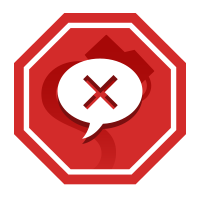Fact Check Ratings
Every fact check on Snopes.com is rated in order to help readers quickly ascertain the credibility of a claim. Readers often ask why we don't just use "true" or "false."
Sometimes distilling the veracity of a nuanced topic or event into a one-word assessment can be challenging, misleading even. That’s why we draw from a broader spectrum of ratings. We always strive to be precise, accurate, and fair.
It’s important to note the “Claim” statement clearly labeled on each fact check. The specific wording of that claim is what the rating evaluates.
Here’s a comprehensive list of the ratings we use and their definitions:













